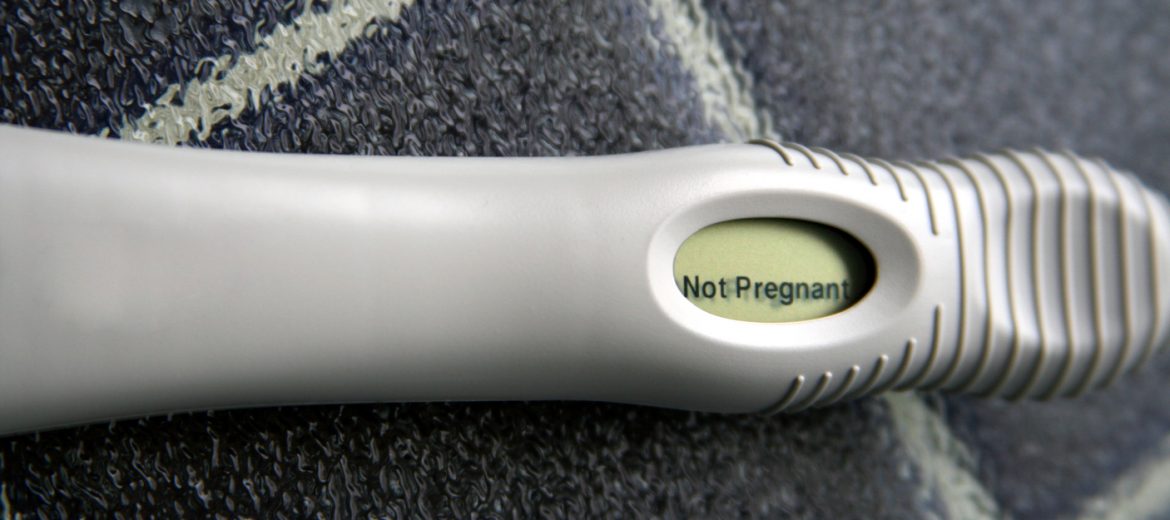Obesity and Infertility: How a High BMI Affects Fertility in Men and Women

Infertility is a medical condition characterized by a diminished or inability to produce offspring. It is not a gender-specific condition but can affect both men and women. Infertility may result from a problem with any of the steps involved in conception. These steps include:
- A woman’s body must release an egg from one of her ovaries. This stage is known as ovulation.
- Sperm from a man must join with the egg along the way. This will fertilize the egg.
- The fertilized egg goes through a fallopian tube toward the uterus (womb). Once there, it attaches to the inside of the uterus. This process is called implantation.
How obesity and infertility are related
Different studies have linked obesity has been linked to difficulty with conception and pregnancy. Most of these studies show that:
- Women who are overweight or obese have a more difficult time becoming pregnant than women of average weight.
- Obese women more likely to experience pregnancy loss.
- Overweight or obese men and women are more likely to suffer from abnormal hormonal issues. This can negatively impact ovulation and sperm production. In women, this can also cause the overproduction of insulin, a factor known to cause irregular ovulation.
Obesity and Polycystic ovarian syndrome (PCOS).
In addition to the above, studies have also found that PCOS and obesity are related. PCOS is the most common cause of female infertility. It affects more than 5 million women in the United States. Women with this condition often have:
- Irregular menstrual cycles,
- Decreased or stopped ovulation,
- Obesity, and
- Elevated levels of male hormones.
What’s more, if a woman with PCOS gets pregnant, she is likely to:
- Miscarry,
- Get Preeclampsia. This is, high blood pressure caused by pregnancy.
- Suffer from gestational diabetes. This is, high blood sugar induced by pregnancy.
- Deliver prematurely.
How obesity affects fertility in men
Researchers from the U.S. National Institute of Environmental Health Sciences (NIEHS) also linked obesity to infertility. In their studies, they found that a man with a high body mass index (BMI) is more likely to be infertile than a man of normal weight. Their data showed that if a man gains 20 pounds, his chances of infertility increase by about 10 percent.
High BMI is also linked to low testosterone levels. According to studies from Reproductive Biology Associates, overweight men have testosterone levels 24 % lower than men of normal weight, and obese men have levels 26 % lower. Men with high BMI were also found to have an abnormal semen analysis.
Men with obesity also suffer from hormone irregularities. This is because excess fat causes the male hormone testosterone to be converted into estrogen. This decreases testicle stimulation and in turn reduces sperm production.
Losing weight helps with fertility issues
Weight loss helps improve fertility issues. It also helps to resolve or improve other comorbid conditions associated with obesity.
In the same vein, one of the best treatments for PCOS is a healthy lifestyle. A healthy diet that limits refined carbohydrates is important, as this can help regulate blood sugar levels. Exercise can also help the body regulate insulin and keep excess weight off.
Losing weight is challenging with PCOS but doing so can help reduce the male hormone levels in the body, and some women will begin to ovulate naturally. With a proper diagnosis, lifestyle changes and PCOS treatment, women can get relief from this condition and the overwhelming health problems it can cause.












